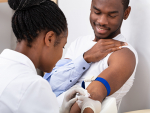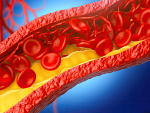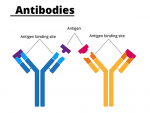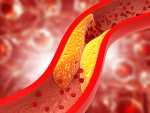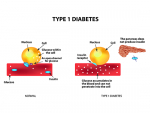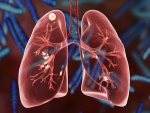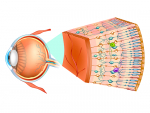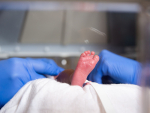
Jeff Hansen
| This email address is being protected from spambots. You need JavaScript enabled to view it.Research Editor
jeffhans@uab.edu • (205) 209-2355Communicates UAB research discoveries and initiatives from across the university for a variety of audiences.
Specific beats include: biochemistry; cell, developmental and integrated biology; microbiology; molecular genetics; neurobiology; pathology; pharmacology and tocixology; Alabama Drug Discovery Alliance; Bill L. Harbert Institute for Innovation and Entrepreneurship.
